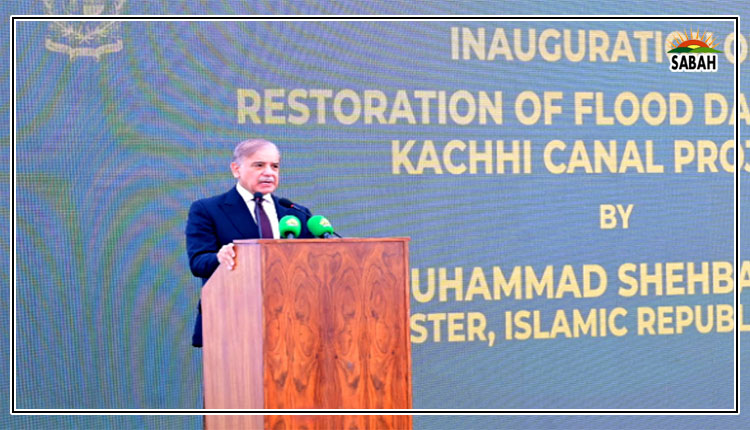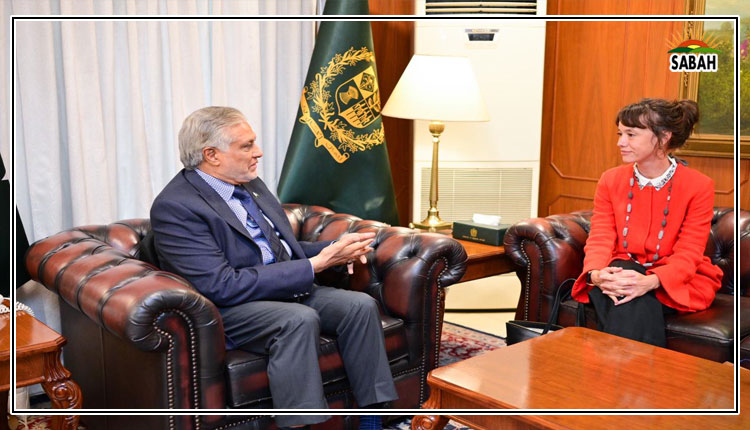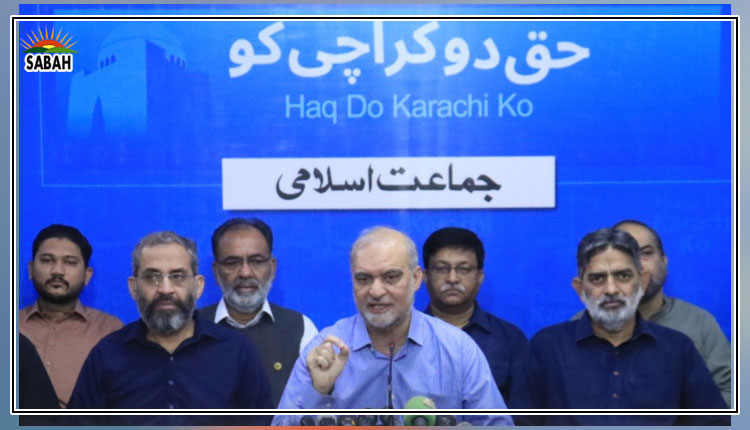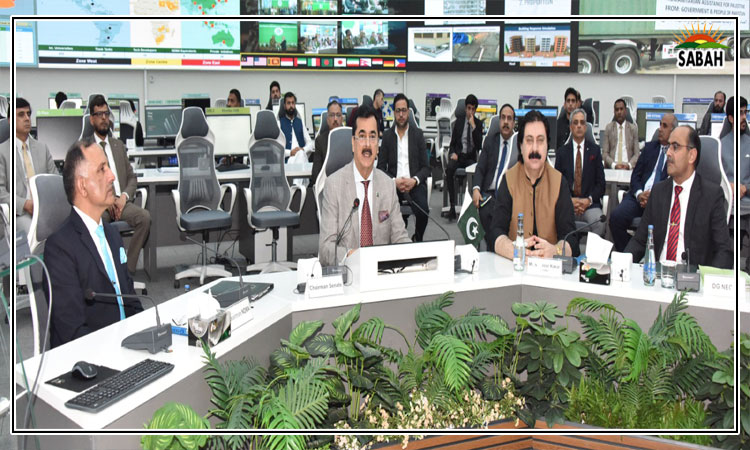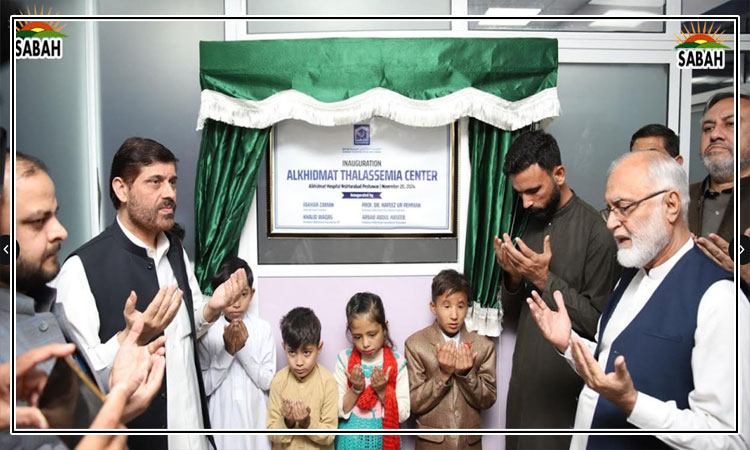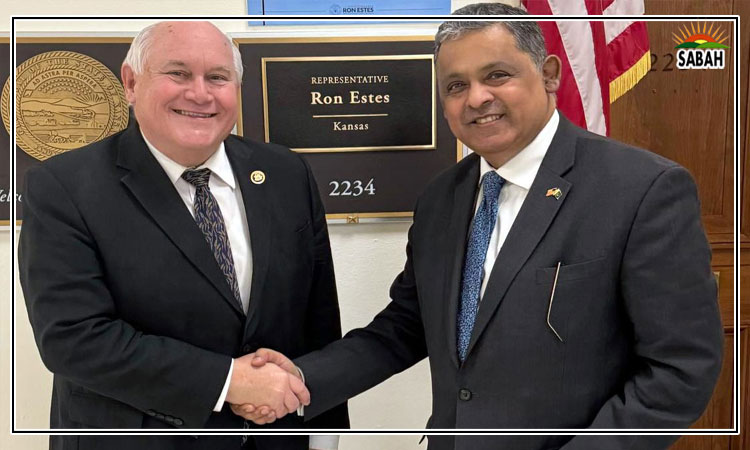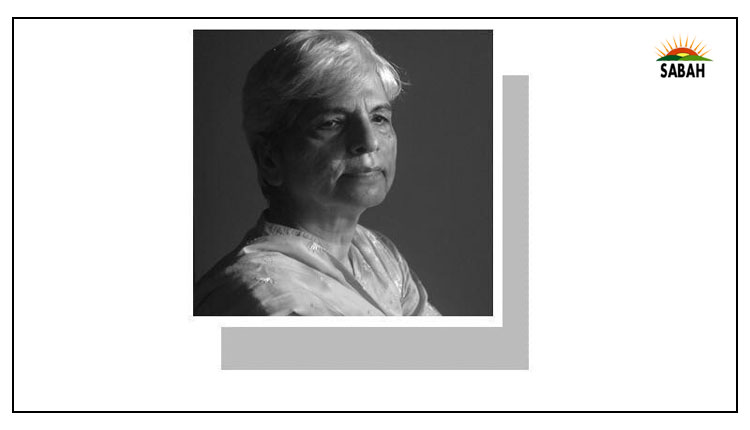Teenage blues …… Zubeida Mustafa
THE teenage years are not a trouble-free phase in a young person’s life. The transition to adulthood poses many challenges, mainly due to physiological reasons, including hormonal changes in the body and mental and emotional factors caused by a new experience. It helps if girls and boys are given knowledge about puberty in advance. It is generally believed that it is the job of the family and the teachers to play the role of guide in such matters. But even today, this is not the case universally, given society’s prudish norms and taboos.
What happens when those expected to counsel the child at an appropriate age fail to perform their duty? The child’s natural curiosity and propensity to explore take over. There are many peers and friends of the same age who extend a helping hand. What is doled out is mostly incorrect information and misguided advice. What is never talked about socially and in education circles is the easy availability of technology which the youth use — ostensibly to facilitate their studies. The fact is that a lot of this online technology is used to access pornography.
In this context, I appreciate even more the literature produced in recent years by various organisations and writers. Its first purpose is to educate and not titillate. The first to enter this field was Ahung, which started publishing their Life Skills-Based Education books in the 1990s and continue to do so. They tell me that now they are producing videos for teachers and students as well, and that hundreds of schools are reaching out for their publications to benefit the child. I had seen these books in the Indus Resource Centre schools several years ago.
A new entrant in this sector is the ardent women’s rights supporter and gynaecologist, Dr Shershah Syed. His latest book, Ammi Batayey, was launched at the Arts Council’s Writers and Readers’ Café. Since the subject of the session was Auraton ke amraaz: afsana aur haqaiq (Women’s diseases: myth and facts) the book was overshadowed as the focus was on women’s health rights. But Dr Shershah’s book is important. Being a medical professional, his understanding of the subject is profound and, being a prolific writer, his style is appealing to the young reader. It is in the form of a dialogue.
What happens when those expected to counsel the child fail to do so?
When I distributed Ammi Batayey to a number of women with young children I received a mixed response. Some uneducated mothers to whom the book was read out were deeply interested and curious. They asked so many questions that I had to refer them to the Koohi Goth medical complex in Malir managed by Dr Shershah’s family.
The reaction I received from another quarter — female students of 12-14 years of age — was shockingly different. They accepted the book in a very matter of fact manner. They apparently knew much more than what the book contains — saying that they obtained ‘creams’ from ‘an aunty’. Another confided that her elder sisters knew all about intimate acts as they had watched it on YouTube.
Bits of information set me thinking, and connecting the dots gathered sporadically, the full picture emerged.
According to Sahil, an NGO seeking to break the silence on child abuse, Pakistan ranked third globally in online child pornography in 2022. Wikipedia tells us that the Pakistan Telecommunication Authority has been banning pornographic websites in the thousands since 2011. I remembered all the horror stories when the Kasur scandal emerged in 2015; hundreds of children were kidnapped for pornographic films involving them. Cases have been reported of children being picked up and being forced to watch pornographic media.
Mental health consultants reveal discreetly that many adults are turning to them to confess that they have been watching pornographic films on the sly, and that even when they feel they have had enough, they are unable to wean themselves off this damaging habit. Damaging it is, no doubt; a psychiatrist describes watching pornography as addictive and isolating. Another mental health consultant says it “distorts belief and the perception of human relationship and sexuality” and leads to negative feelings in the affected person about himself.
Who do we turn to now? The government, which sees an enemy behind every bush, is busy chasing it while neglecting the social evils that are destroying this country. Criminals of all stripe have been given a free rein to loot the country of its human wealth. Our youth can be equipped with the best self-defence mechanism to protect themselves. That comes only from a sensible and balanced education, combined with sports and games. Alas, these are not our government’s priority.
www.zubeida-mustafa.com
Courtesy Dawn, October 18th, 2024


